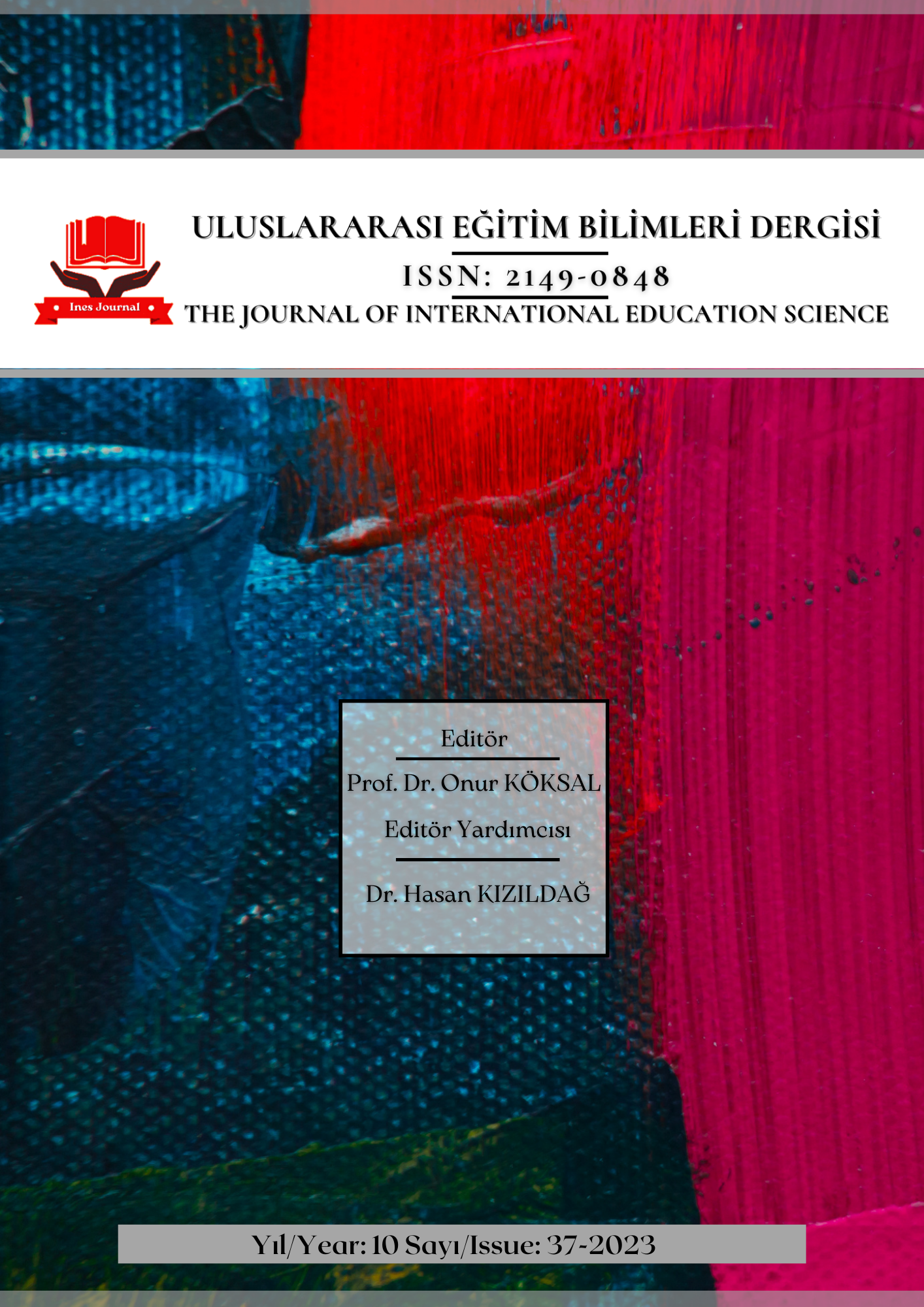Oyunlaştırma Temelli Matematik Eğitiminin Öğrencilerin Akademik Başarılarına, Motivasyonlarına ve Girişimcilik Becerilerine Etkisi
Author :
Abstract
Bu çalışmanın amacı, 6.sınıf Matematik dersi “Kesirlerle İşlemler” konusunun öğretiminde oyunlaştırma temelli eğitimin öğrencilerin akademik başarılarına, motivasyonlarına, girişimcilik becerilerine etkisini belirlemektir. Araştırma karma yöntem deseninde tasarlanmıştır. Araştırmada nicel araştırma yöntemi olarak deneysel araştırma modeli olan ön test-son test kontrol gruplu yarı deneysel desen kullanılmıştır. Araştırmanın katılımcılarını 6.sınıfta öğrenim gören 48 öğrenci oluşturmuştur. Nicel verileri toplamak için başarı testi, motivasyon ve girişimcilik ölçeği; nitel verileri toplamak için yarı yapılandırılmış görüşme formu kullanılmıştır. Başarı testi, motivasyon ve girişimcilik ölçeği deney ve kontrol gruplarına ön-test, son-test ve kalıcılık testi olarak uygulanmıştır. Nicel veriler SPSS programında analiz edilmiş, nitel verilerin analizinde ise içerik analizi yöntemi kullanılmıştır. Karışık desen ANOVA sonucuna göre deney ve kontrol grubunda yer alan öğrencilerin başarı ve girişimcilik düzeylerinin deney öncesinden sonrasına ve kalıcılık testine anlamlı farklılık göstermediği görülmüştür. Öğrenci görüşlerine göre oyunlaştırma yöntemiyle işlenen matematik derslerinin ilgi çekici, eğlenceli olduğu, oyunların öğrencilerin öğrendiklerini pekiştirmeye yardımcı olduğu, öğretici olduğu sonucuna ulaşılmıştır.
Keywords
Abstract
The aim of this study is to determine the effect of gamification-based education on students' academic achievement, motivation, and entrepreneurial skills in the 6th grade Mathematics course "Operations with Fractions". The research was designed in mixed method design. Quasi-experimental design with pretest-posttest control group was used as the quantitative research method in the study. The participants of the study consisted of 48 6th grade students. Achievement test, motivation and entrepreneurship scale were used to collect quantitative data; semi-structured interview form was used to collect qualitative data. Achievement test, motivation and entrepreneurship scale were applied to experimental and control groups as pre-test, post-test and retention test. Quantitative data were analyzed in SPSS program and content analysis method was used to analyze qualitative data. According to the results of mixed design ANOVA, it was seen that the achievement and entrepreneurship levels of the students in the experimental and control groups did not differ significantly from pre-test to post-test and retention test. According to the students' opinions, it was concluded that the mathematics lessons taught with the gamification method were interesting, fun, the games helped to reinforce what the students learned and were instructive.





